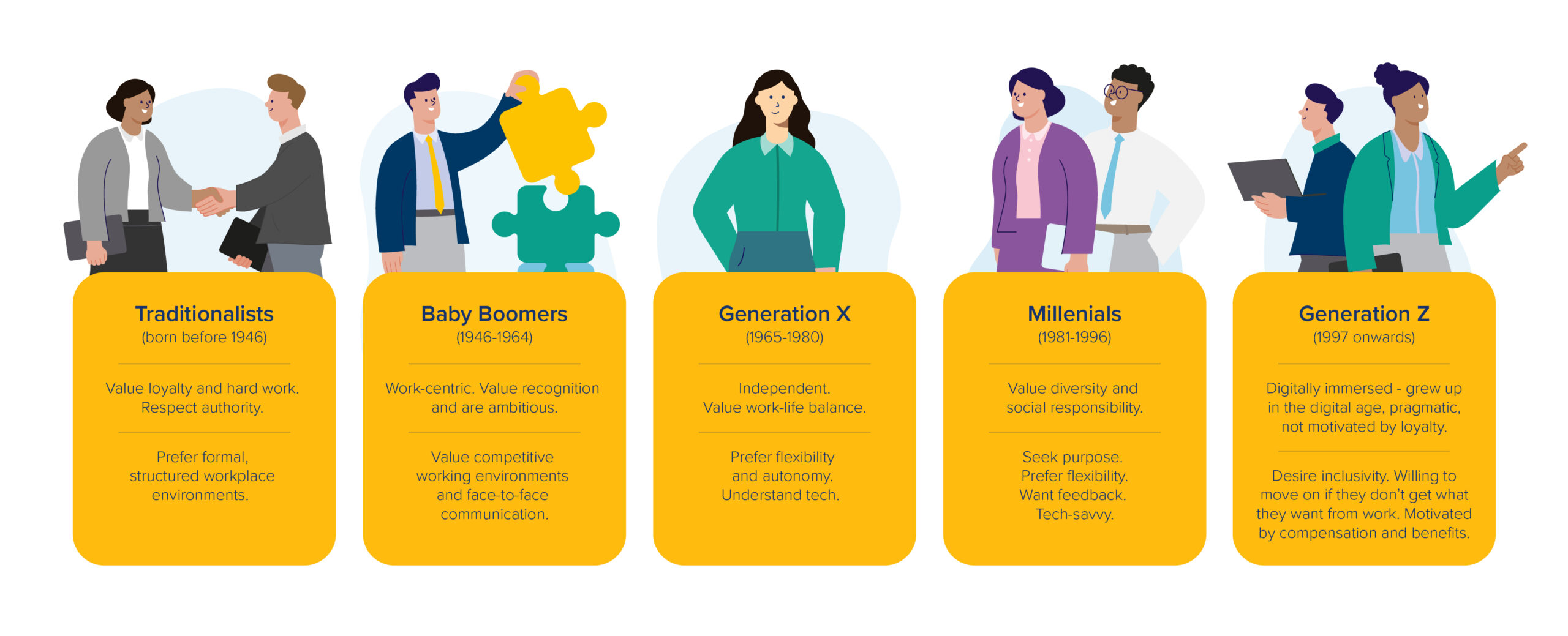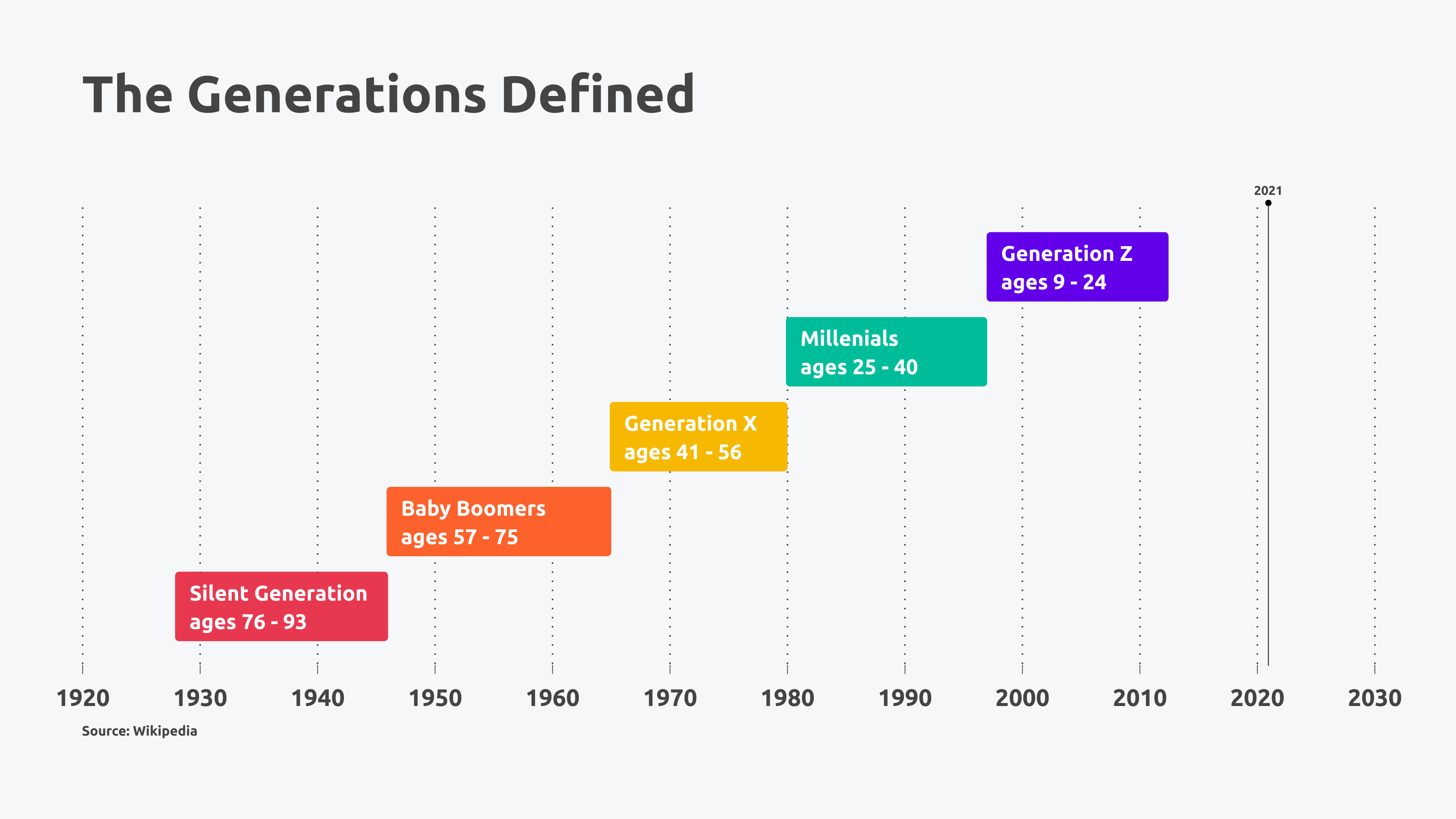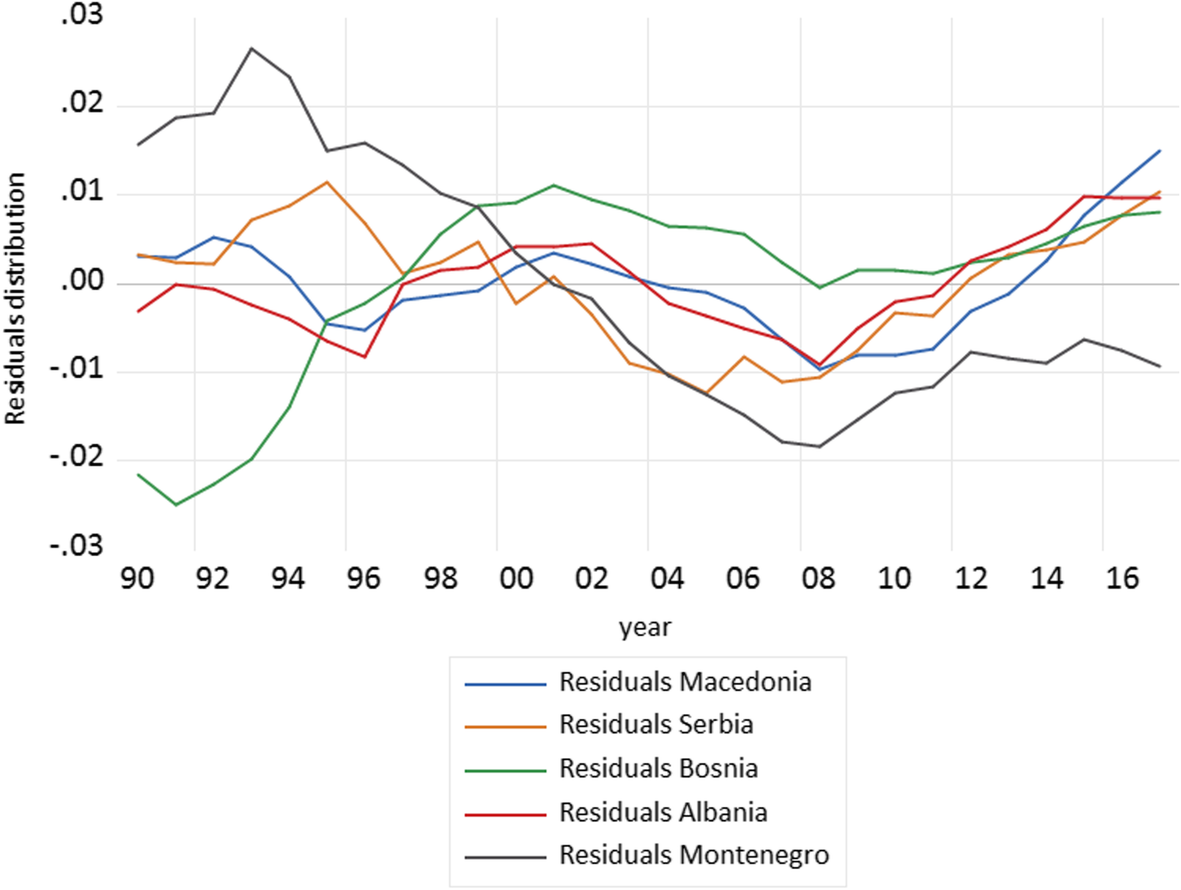1. How are generations defined in your tool?
Our generational classifications follow the most widely accepted definitions from reputable sources like Pew Research Center and the U.S. Census Bureau. While exact birth year ranges can vary slightly between sources, we use these general guidelines: Silent Generation (1928-1945), Baby Boomers (1946-1964), Gen X (1965-1980), Millennials (1981-1996), Gen Z (1997-2012), and Gen Alpha (2013-present).
2. Where does your historical data come from?
We compile our historical event data from verified sources including encyclopedia databases, historical archives, and government records. Our economic data comes from historical records maintained by government agencies like the Bureau of Labor Statistics and Federal Reserve. Famous people data is sourced from reputable biographical databases.
3. Is my personal data stored when I use the tool?
No, we don't store any personal data. All calculations are performed locally in your browser. We don't track or save your birth date or any other personal information. You can use our tool with complete privacy.
4. Why do some sources have slightly different generational year ranges?
Generational boundaries aren't exact science. Different researchers might use slightly different ranges based on varying criteria like historical events, cultural shifts, or demographic trends. Our tool uses the most commonly cited ranges, but we acknowledge that some people might identify with characteristics of adjacent generations.
5. Can I use this tool for research purposes?
While our tool provides interesting insights, it's designed for general informational purposes rather than academic research. For serious generational studies, we recommend consulting peer-reviewed research and demographic studies from institutions like Pew Research Center.
6. How often is your data updated?
We regularly review and update our historical databases to ensure accuracy. Major updates occur quarterly, with minor corrections and additions implemented as needed throughout the year.
7. Why don't I see my exact birth date in the famous people list?
Our famous people database includes notable individuals born in the same year, but not necessarily on the exact same date. We focus on year rather than specific dates to provide a broader context of your generational peers.
8. Can I suggest additions or corrections to your data?
Absolutely! We welcome suggestions for improving our databases. You can contact us through the form in the footer of this page. Please include verifiable sources for any factual corrections or additions you're suggesting.
9. How accurate are the price comparisons from past years?
Our price data comes from historical records, but we acknowledge that prices could vary by location even in the same year. We use national averages where available. For the most accurate inflation comparisons, we recommend consulting government inflation calculators.
10. Will there be more features added in the future?
Yes! We're continuously working to enhance dobmon.com. Planned future features include more detailed historical context, the ability to compare generations side by side, and more in-depth analysis of generational characteristics. Sign up for our newsletter to stay updated on new features.





